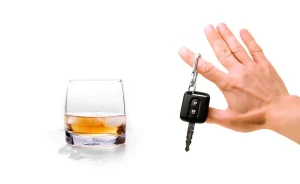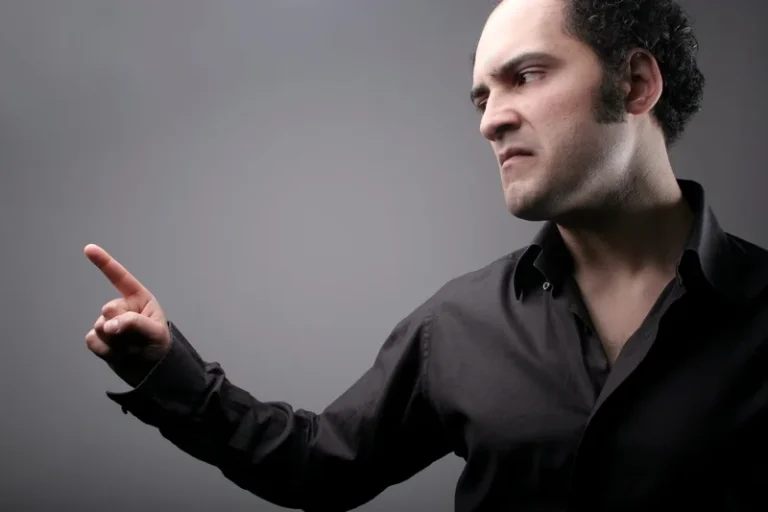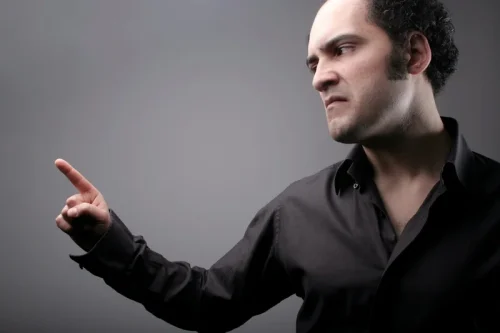
The most effective way to confront a person struggling with an addiction is with an intervention. The intervention plan should include a chosen rehab center before the intervention takes place. This way, they can enter the facility immediately after the intervention, when the intervention’s impact is strongest. Strategize the intervention and plan ahead of time so that everyone knows their role and understands the end goal.

How to Get Someone Into Rehab Through Intervention
The process of guiding an individual toward recovery through a rehab program can be broken down into several steps. By following these steps, helping your loved one will be more organized, less stressful, and more effective. If needed, Beachway Therapy Center has licensed interventionists on staff who are ready to help. Of these states, Montana and Rhode Island only allow involuntary commitment for alcohol use disorders. On the other hand, Vermont only allows involuntary commitment for substance use disorders. The other 34 states allow involuntary commitment for both alcohol use disorders and substance use disorders.
Individualized, evidence based treatment, to fit your needs.
By being aware of the signs and symptoms of substance abuse and understanding the importance of intervention, you can take the necessary steps to support your loved one. Specific treatment plans must be personalized and will vary depending on the substance being abused, any underlying physical or mental health issues and the individual’s history. Several elements can be combined to create a plan that offers the best chance of recovery, but most fall under inpatient or outpatient treatment programs. The health problems that are brought about by persistent drug use can also be accompanied by financial problems, relationship problems, and being unable to complete everyday responsibilities. An effective way to mitigate the side effects and the symptoms of a substance use disorder is to obtain treatment via a rehab program. Despite the necessity of treatment, many people who are suffering from a substance use disorder refuse to enter rehab.

Navigating the Treatment Options
- Make sure that you look into every option before deciding on a course of action.
- Realizing that a loved one may need help with addiction can be a challenging and emotional discovery.
- These resources can help your loved one better understand the impact of addiction and the benefits of seeking professional help.
- Even if a professional hosts the intervention for you, your loved one could still refuse help.
If needed, medication can be prescribed for your mental health disorder, or to manage your sobriety. It’s all too easy to take a negative response personally when it comes from someone you’re close to. Having an expert mediate the conversation could make it go more smoothly and reduce the likelihood of them refusing treatment. If your loved one refuses to seek treatment on their own, Arizona does have involuntary commitment laws, which should be thoroughly considered with professional help before approaching your loved one.

Providing Emotional Support
Once you do that, you can figure out how to get a loved one into rehab. For individuals who need a structured and supportive living environment, transitioning to a sober living home or transitional housing can provide a safe and sober space. These arrangements often have rules and expectations regarding sobriety and can offer peer support and accountability. Aftercare therapy can help individuals continue working through underlying issues, manage triggers, and sustain their recovery efforts. This allows them to reintegrate into their daily lives while receiving ongoing care.
The first guideline for encouraging a loved one to attend treatment is never to pressure or force them. Consistent support and non-confrontational discussions may eventually lead to acceptance. Once your loved one agrees to rehab, the next step is preparing for admission. Getting ready for this next phase is important for ensuring a smooth transition. Interventions can be life-changing when handled correctly, and having a neutral third party involved can significantly increase the chances of a positive outcome.
Intervention Plan
- Many people struggling with addiction either don’t believe they need help or are aware of their addiction but choose not to seek treatment.
- Individualized treatment plans simultaneously address addiction and co-occurring disorders to provide comprehensive care and improve overall well-being.
- Before initiating the conversation, it’s important to educate yourself about addiction.
- Creating a calm and stable space can help reinforce the progress they’ve made and reduce the risk of setbacks.
- Doctors can prescribe medications such as methadone, buprenorphine, and naltrexone to help reduce cravings, manage withdrawal symptoms, and support long-term recovery.
- Someone suffering from addiction will lie and cover up their addiction or deny having one altogether.
By building trust through open and honest dialogue, Halfway house along with practicing active listening and empathy, you can create a supportive and understanding environment. These foundational communication skills lay the groundwork for effectively convincing someone to consider rehab as a vital step towards recovery. Whatever you do to persuade your loved one to go to treatment, remember never to point fingers and always to provide support. Making them feel like it’s their fault is one of the many reasons why forced addiction treatment fails.

Doing research about what to expect at your chosen rehab center can help tremendously. It’s best to consult a professional counselor, psychologist, social worker, or interventionist to create an effective plan. Watching a loved one struggle with addiction can be mentally, emotionally and spiritually challenging for everyone involved.
Active Listening and Empathy
Whatever the cause, people enter drug treatment seeking a variety of things and for a variety of reasons. Learning about addiction and drug abuse before you approach your loved one about getting help is essential. Your loved one may experience a range of emotions during rehab, including fear, frustration, and uncertainty. By offering a listening ear, empathy, and understanding, you can create a safe space for them to express their feelings. By understanding the detoxification process, you can better support your loved one during how to get someone into rehab this crucial phase and help them transition into the next steps of their treatment journey.
